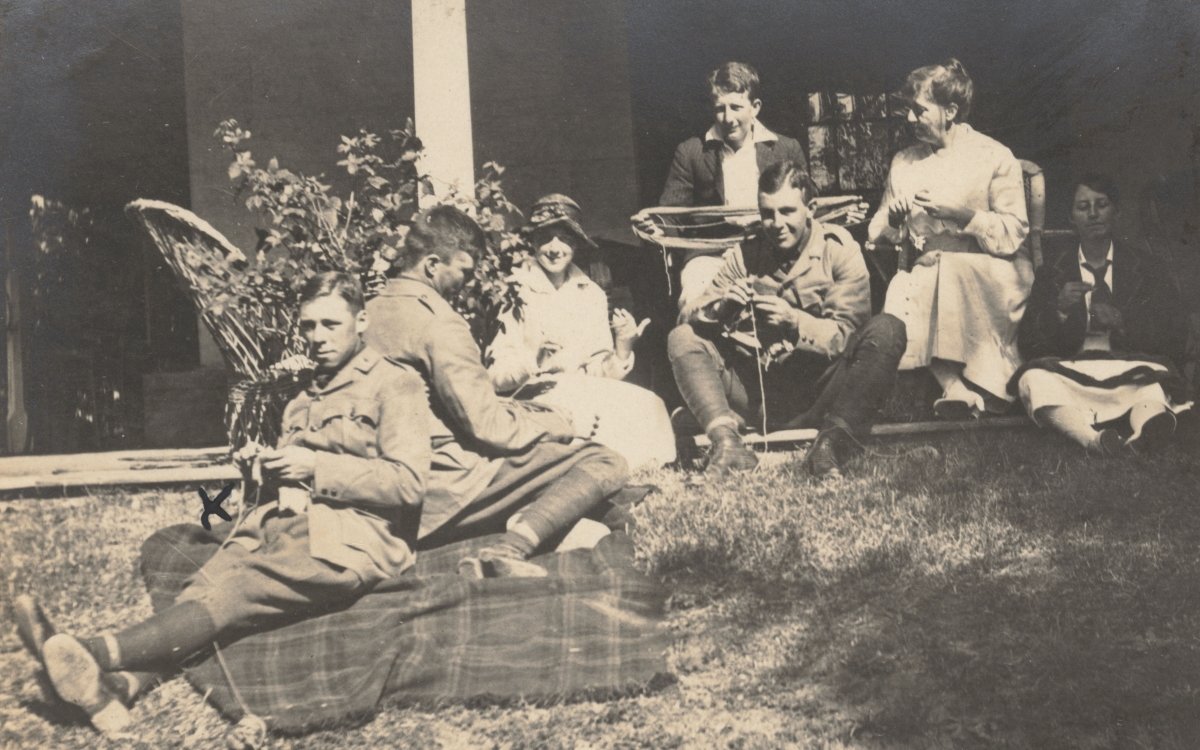
Join Madelyn Shaw as she presents her 2022 National Library Fellowship research into the global wool trade.
This presentation will examine wool’s vital role as a military resource from the American Civil War through the Korean War, the last conflict in which wool was a major strategic imperative. It is a trans-national story, long fragmented and obscured within various national histories At its heart are the close, often contentious, ties among Great Britain, Australia, New Zealand, and the United States. But it also reveals how British control of nearly half the world’s wool during two world wars drove ‘have-not’ nations - the US, Germany, Japan, Italy - to search for substitutes, and eventually, the synthetic fibres which threaten our environment today.
Entry is free to this event but bookings are essential.
For those unable to make it to Canberra for the event, it will be livestreamed online via the Library's Facebook page. No bookings are required to watch the online stream.
Madelyn Shaw is a 2022 National Library of Australia Fellow supported by the Stokes Family.
Image: W.A.S. Dunlop (1892-1966), Three women, three soldiers and a man knitting and winding wool in a garden, Lanyon, Canberra, 1917, nla.obj-147953596
About Madelyn Shaw
Madelyn Shaw is a curator and writer specializing in the exploration of American history and culture through textiles and dress. She has held curatorial and administrative positions at the National Museum of American History, Smithsonian Institution, the Museum of Art, Rhode Island School of Design, New Bedford Whaling Museum, The Textile Museum (Washington DC), and the Museum at the Fashion Institute of Technology. Her current project, in partnership with Dr. Trish FitzSimons (Griffith University) is Fabric of War: A Hidden History of the Global Wool Trade, which explores the links between wool as a strategic military commodity in the 20th century – with Australia at its heart - and our current global reliance on synthetic fibres.